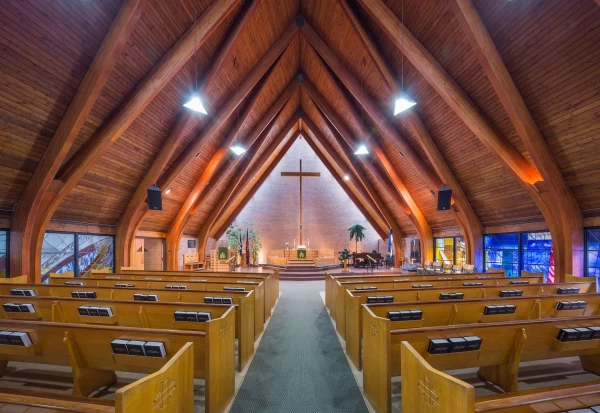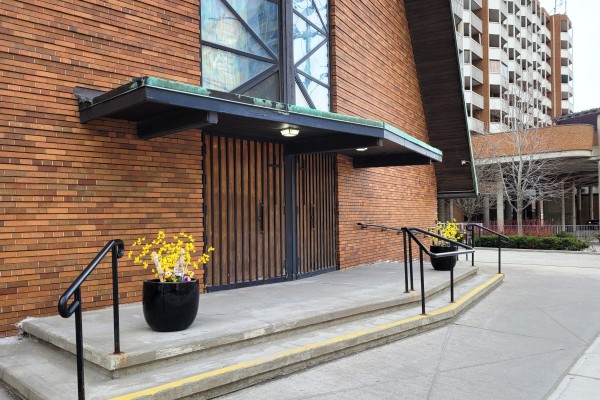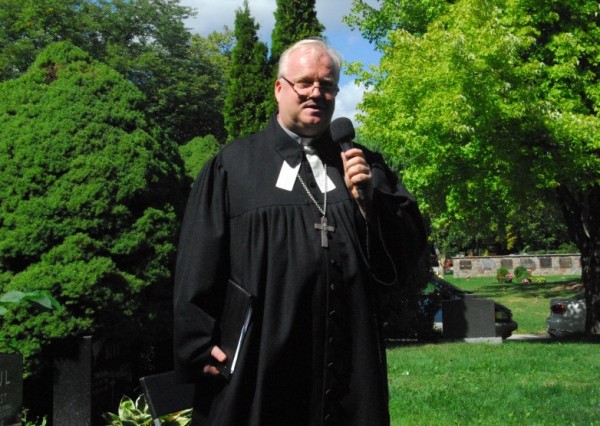Transitions Online 09.12.2014
The Baltic states’ drive to gain energy independence is picking up steam, but technical and legal issues may slow the process for years, Reuters writes.
First, Lithuania signed on to a big deal for Norwegian liquefied natural gas (LNG). Last week the first shipment of gas from Lithuania reached Estonia in what Reuters called a small but significant test of a nascent regional supply network outside the grip of Russia’s Gazprom, the major gas supplier to the region. This week, Estonia and Finland agreed to build two LNG terminals, linked by a pipeline, by 2019.
However, Reuters writes, “The Baltic states' ambitions to replace Russian pipeline gas with liquefied natural gas and create a tradable market are unlikely to come to fruition until 2017 or later because of restricted access to the region's sole gas storage site.”
The problem with that site, the Incukalns storage facility in Latvia, starts with lack of transparency in the contracts with third-party gas users, Reuters notes.
“Without clear rules of access to Incukalns, there will be no Baltics gas market,” the chief executive of Lithuanian LNG importer Litgas, Andrius Tuckus, said.
“The European Commission said in October that Latvia should urgently establish clear rules for third-party access to Incukalns, including gas from the Lithuanian terminal, in case Russia cuts gas supplies,” Reuters writes.
Incukalns also has little spare capacity.
Then there is Gazprom. The Kremlin-controlled gas monopoly owns 34 percent of Latvian gas company Latvijas Gaze, and a company linked to Russian oil giant Rosneft owns a further 16 percent, according to Reuters. Latvijas Gaze, in turn, owns the Incukalns facility. Reuters notes in its story on the Lithuania-Estonia gas shipment that the “Lithuanian” gas was obtained from Incukalns – which gets most or all of its gas from Russia.
Gazprom’s long shadow also falls on this week’s trans-Baltic LNG deal. The Estonian terminal will be too small to escape dependence on the bigger Finnish terminal, The Baltic Times writes, citing Estonian Television (ETV). And Finland’s gas is supplied by Gazprom.
(http://www.tol.org/client/arti... )
Good news, bad news for Baltic energy market
Rahvusvahelised uudised | 10 Dec 2014 | EWR
Rahvusvahelised uudised
TRENDING


























